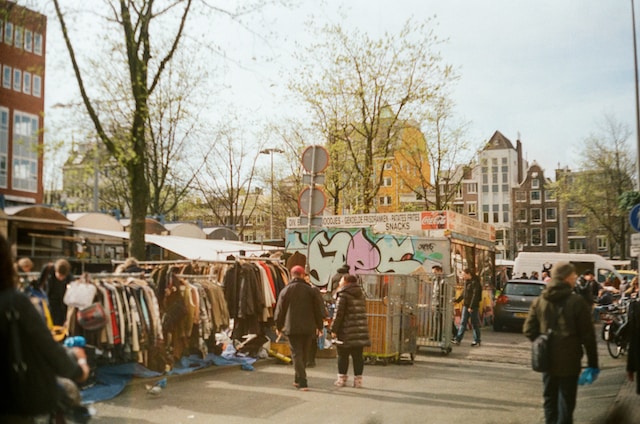Is it Legal to Sell Replica Products in Nigeria?
The sale of replica products in Nigeria, much like in many other parts of the world, falls into a legal grey area. While these goods are often marketed as affordable alternatives to high-end brands, it’s essential to distinguish between replicas and counterfeit items. The former refers to items openly sold as imitations, whereas the latter refers to fake products passed off as genuine. The legality of selling replicas in Nigeria is heavily influenced by intellectual property rights and consumer protection laws.
What Are the Laws, Penalties, and Law Enforcement Strategies for Counterfeit and Replica Goods in Nigeria?
In Nigeria, the sale of counterfeit goods is strictly prohibited. The country has enacted various laws to deter and penalize those involved in such practices. The Trademarks Act and the Merchandise Marks Act are two significant pieces of legislation that govern counterfeit and replica goods.
- The Trademarks Act: This law deals with the protection of trademarks and punishes any infringement.
- The Merchandise Marks Act: This law makes it a criminal offense to sell goods with false trademarks or trade descriptions.
The penalties for selling counterfeit goods can be severe. Convicted offenders may face imprisonment, hefty fines, or both. The Nigerian Copyright Commission (NCC) and the Standards Organisation of Nigeria (SON) are responsible for enforcing these laws.
What Specific Laws Govern Replica Goods in Nigeria?
As previously mentioned, the sale of replica goods is governed primarily by the Trademarks Act and the Merchandise Marks Act. While these laws primarily target counterfeit goods, they also cover replicas if these items infringe upon a trademark or are falsely represented as genuine products. It is crucial for sellers and buyers to understand the distinction between a lawful replica and an illegal counterfeit product.
Which Replica Watch Brands are Popular in Nigeria?
Despite the stringent laws against counterfeits, the demand for replica watches remains high in Nigeria. Popular brands include Rolex, Omega, and Tag Heuer. However, it’s important to note that while these replica watches may resemble the original, they do not offer the same quality or warranty.
Where Can You Buy Replica Goods in Nigeria?
Replica goods can be found in various places in Nigeria, from local markets to online platforms. However, it’s worth reiterating that selling counterfeit products is illegal, and purchasing such items can indirectly contribute to this illicit trade. Buyers should always strive to purchase goods from reputable sources and avoid deals that seem too good to be true.
What Government Laws, Resources, and Links are Available Regarding Counterfeit and Replica Goods in Nigeria?
The Nigerian government provides a variety of resources to educate the public about counterfeit and replica goods. The Standards Organisation of Nigeria and the Nigerian Copyright Commission offer valuable information about the laws and penalties for selling counterfeit goods. These organizations also provide advice on how to spot and report counterfeit products.
In conclusion, while replicas may be an affordable alternative to luxury goods, it’s crucial to understand the laws governing these items in Nigeria. Not only can selling counterfeit goods lead to severe penalties, but it also infringes upon intellectual property rights and harms the economy.
While it's clear that all the legal repercussions are on the seller, the buyer should make sure to find a trusted dealer, since there is a lot of scam in the replica industry. If you are in the market for Replica Rolex watches, make sure you choose a trusted and reputable vendor.
